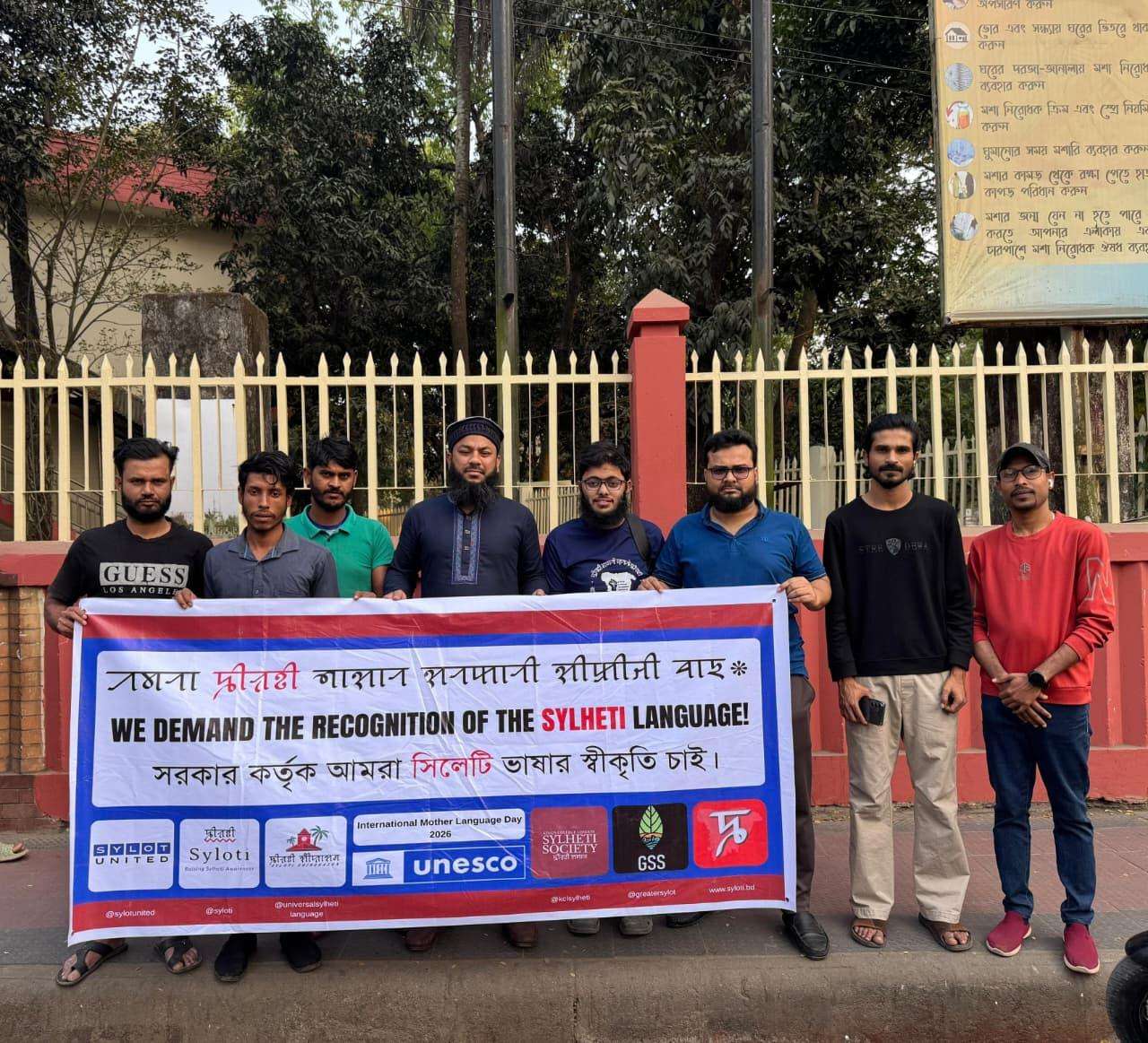The Peacehaven Mosque in East Sussex is transforming a terrifying incident of alleged arson into a powerful moment of community defiance, holding an open day just weeks after worshippers ran through fire caused by the attack on October 4. This act of resilience stands against a backdrop of alarming statistics confirming that Muslim communities and their places of worship are increasingly becoming the main target of religious hate across the UK.
Mosques and Muslims: The Primary Target of UK Religious Hate
Recent data underscores the critical threat of Islamophobia. In the year ending March 2025, anti-Muslim hate crimes rose by a staggering 19% in England and Wales (excluding the Metropolitan Police Service data), according to Home Office figures. Of the 7,164 religious hate offences recorded in that period (up 3% overall), Muslim communities were targeted in nearly half of all cases. For the year ending March 2024, the proportion of religious hate crimes targeted against Muslims stood at 38%, or 3,866 reported offences.
More disturbingly, monitoring groups like the British Muslim Trust (BMT) recorded 27 verified attacks targeting mosques across Britain between July and October 2025 alone, with over a quarter being violent or destructive incidents. The attack in Peacehaven, which inflicted "significant" damage on the front of the mosque and completely burnt out a nearby car, tragically illustrates this escalating wave of hostility. With two men charged with arson with intent to endanger life now remanded in custody, the legal system prepares to address an incident that reflects a national crisis of religious intolerance.
The Heart of Peacehaven: Community and Identity
The Peacehaven Mosque, established in 2011, has cultivated a vital and cohesive relationship with the local Muslim community. It was founded by, and is primarily run by, Muslims of Pakistani ethnic background, reflecting a significant demographic within Britain’s Muslim population. Trustee Muhammad Khan has articulated the community’s spirit, declaring, “We are not hiding away—we are very, very excited.” Their decision to host a public open day, where they hope to add "value in the community," is a deliberate act of choosing connection over fear, a sentiment echoed by Lewes District Council leader Zoe Nicholson, who praised the worshippers’ "capacity to just carry on and find love in their hearts." The open day, starting at 15:00 GMT on Saturday, is intended to prove that "something bad can become a positive." This commitment to openness and integration, even after a fire forced worshippers to flee for their lives, sends a powerful message of resilience against the rising tide of bigotry, a message that was reinforced by the October visits of Prime Minister Keir Starmer and Home Secretary Shabana Mahmood.
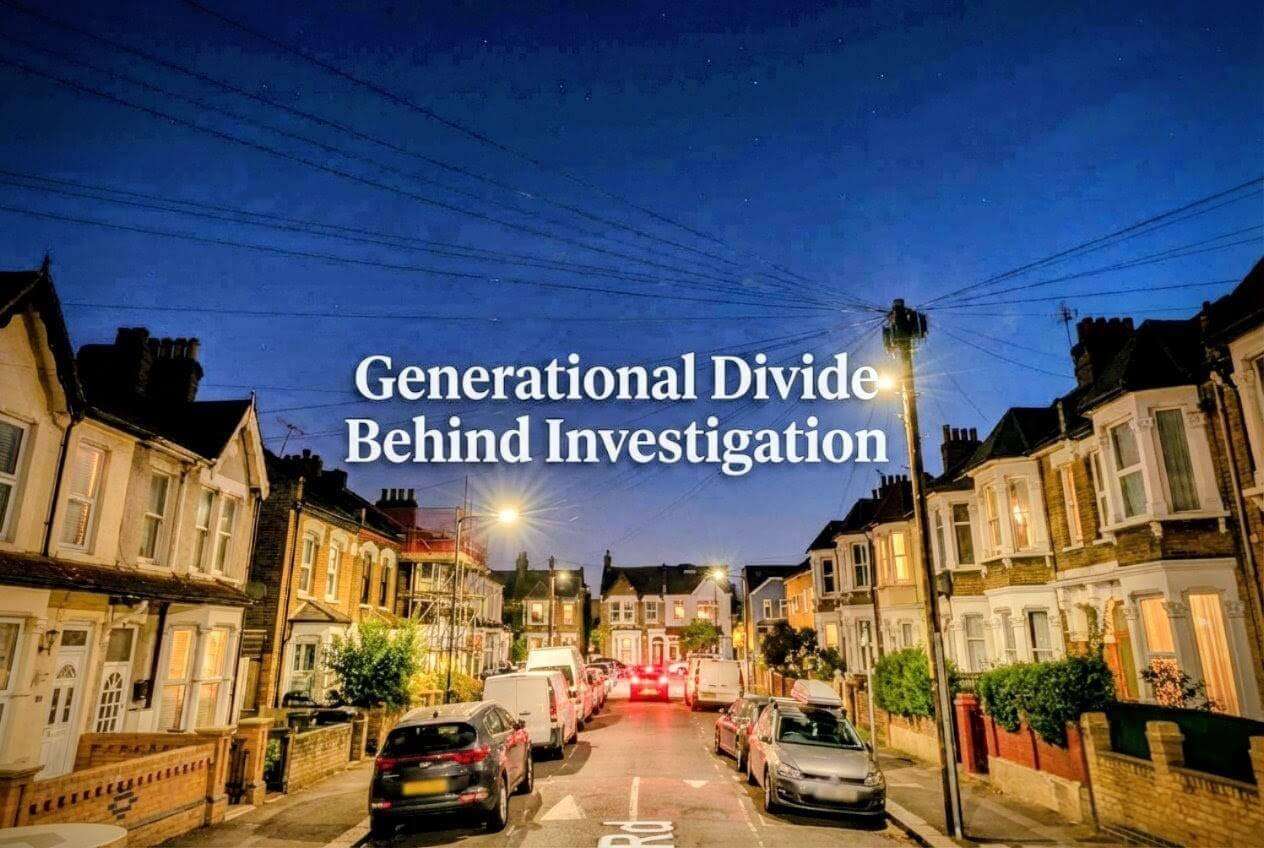
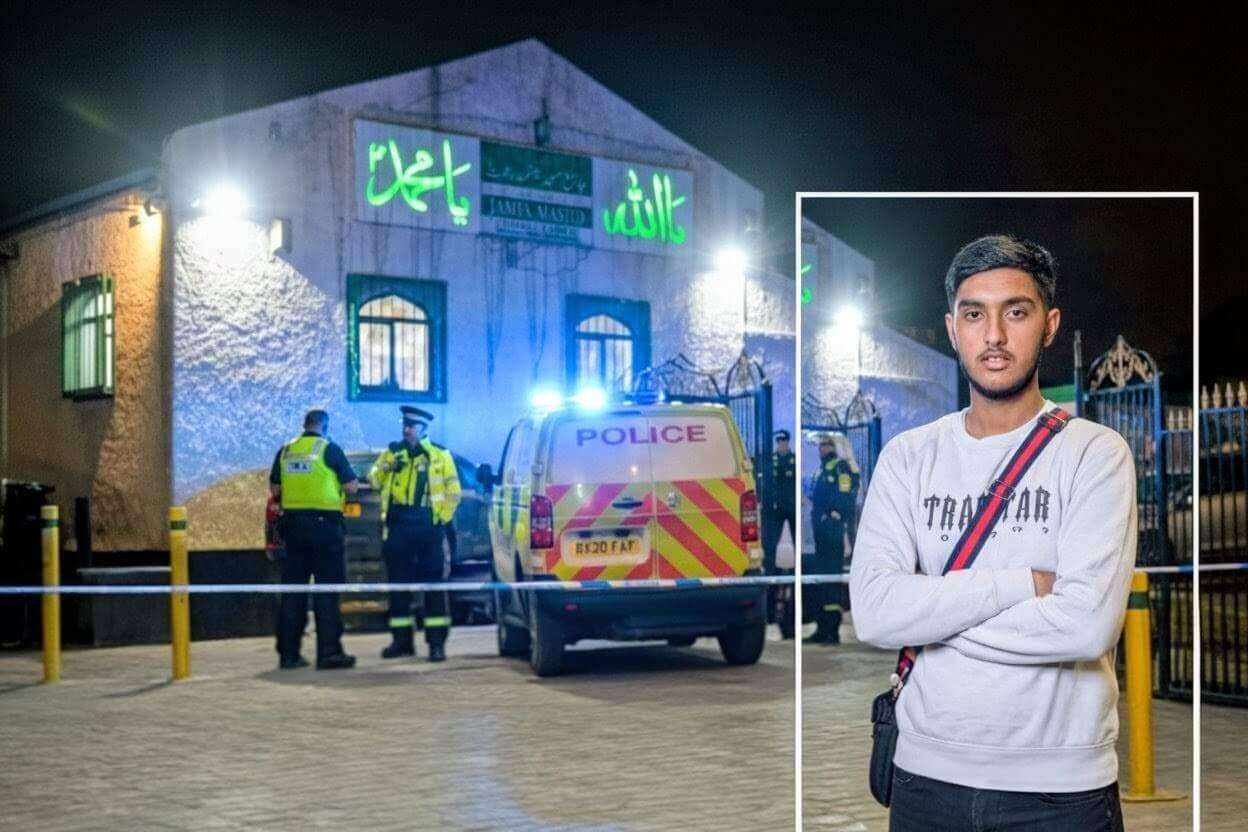
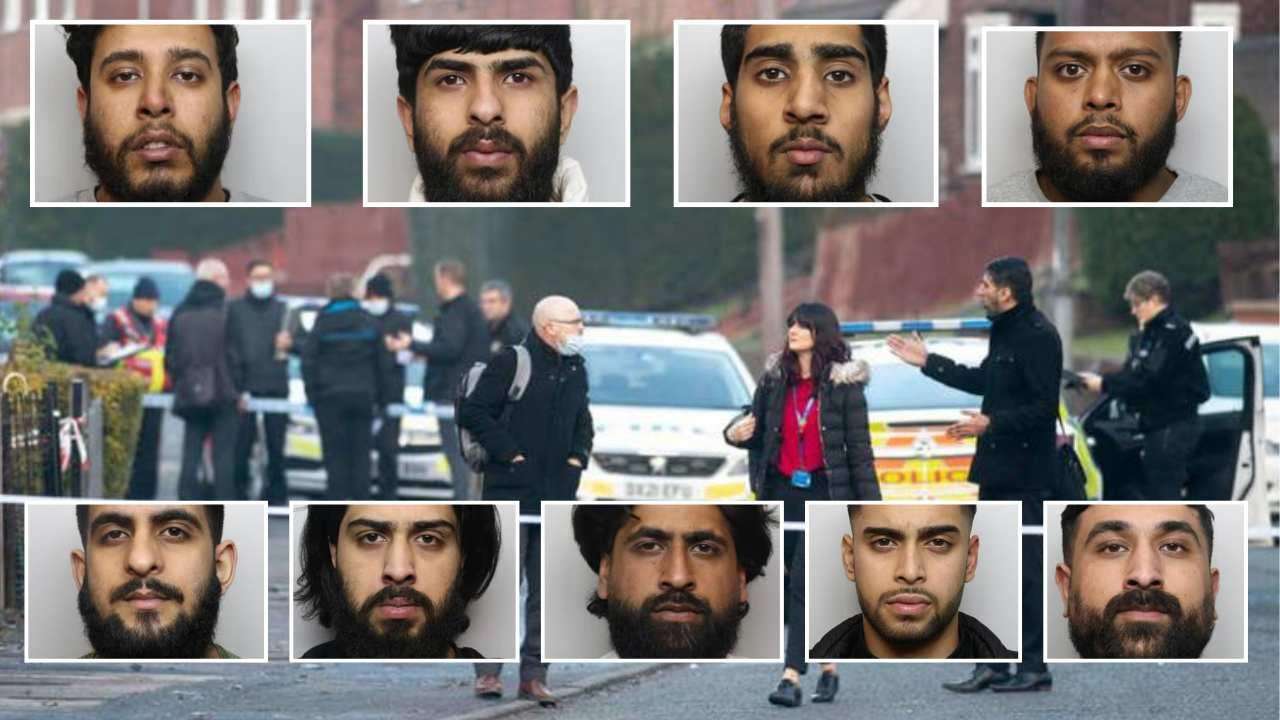
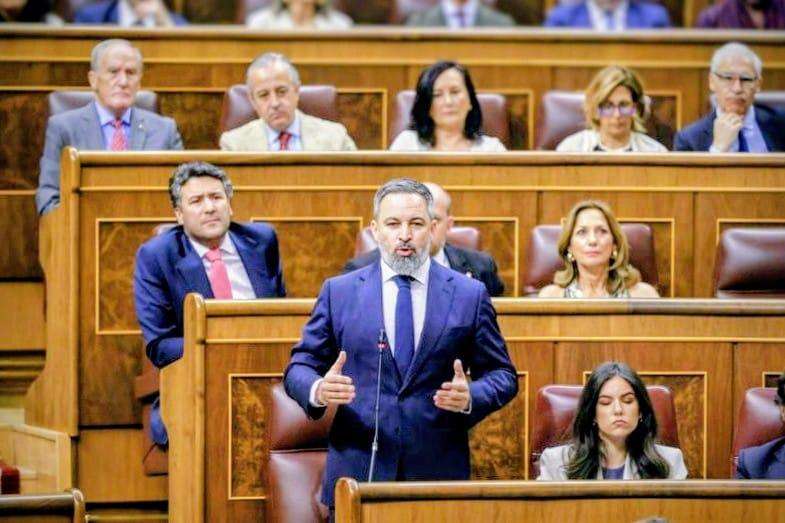
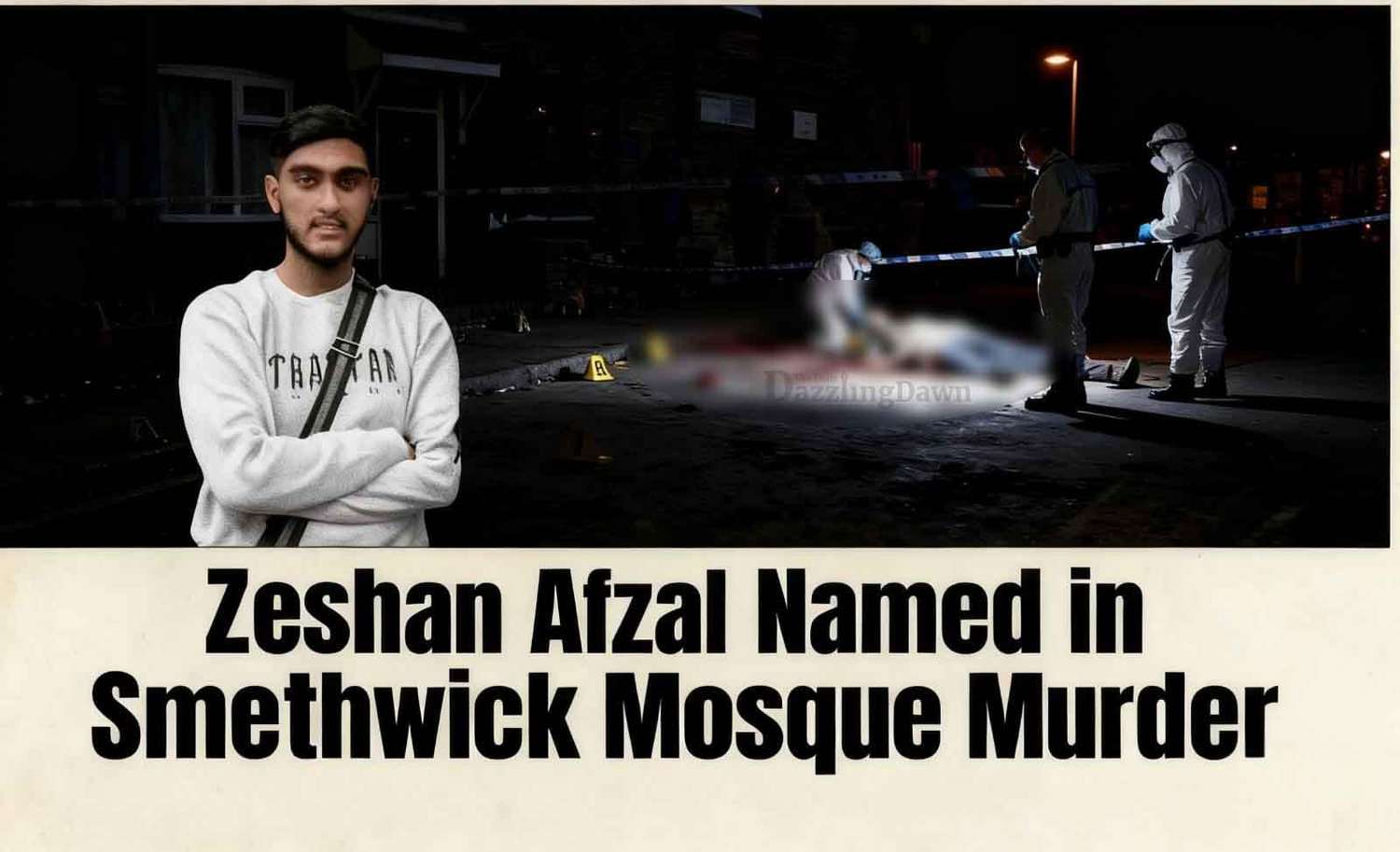


.jpg)
.svg)

.jpg)
.jpg)
